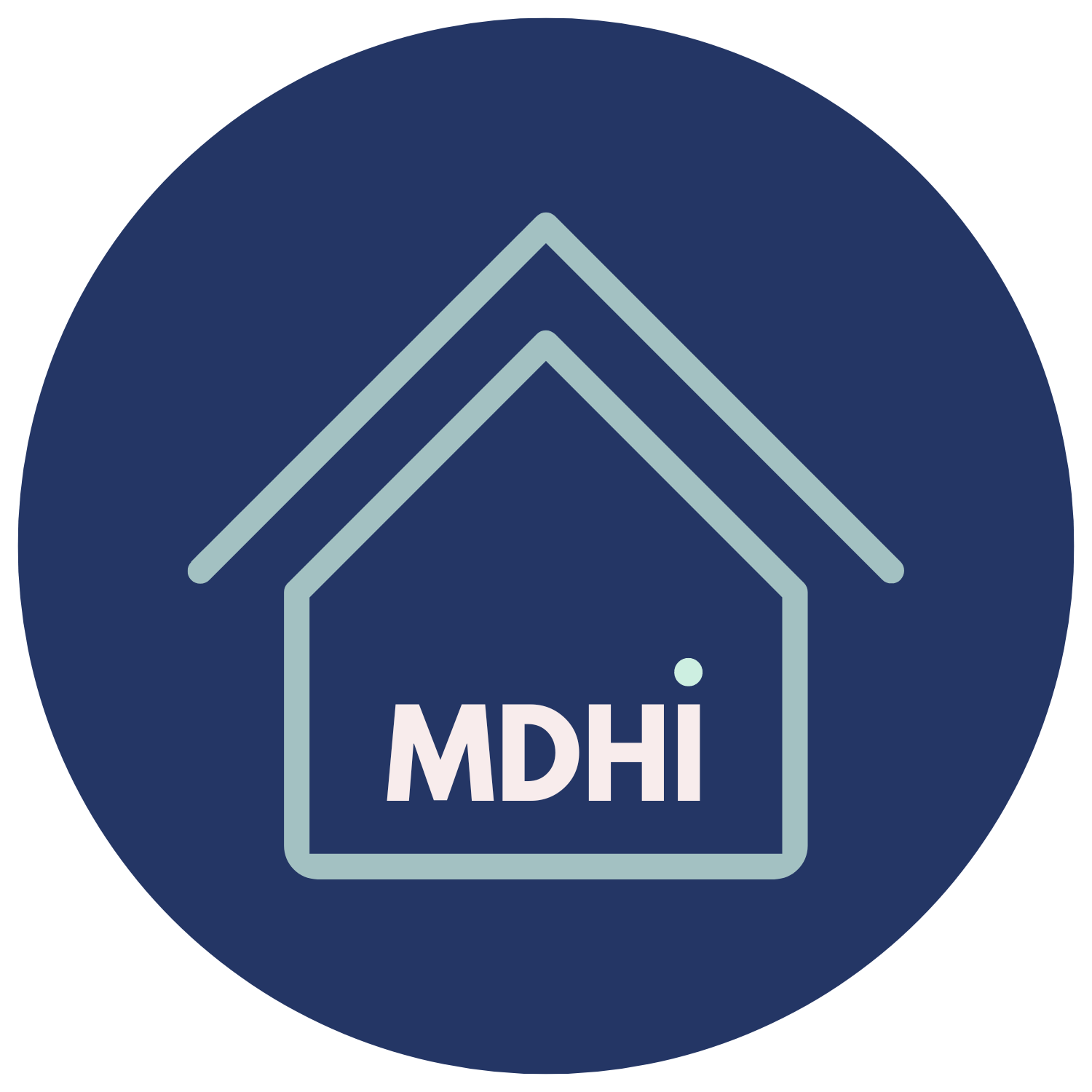METRO DENVER HOMELESS INITIATIVE
The Metro Denver Homeless Initiative (MDHI) is the region’s Continuum of Care (CoC), designated by the US Department of Housing and Urban Development to coordinate Metro Denver’s response to homelessness.
We’re coordinating a regional system of nonprofit and government agencies, elected officials, nonprofit leaders, and people with lived expertise to bring about an equitable end to homelessness in seven-county Metro Denver.
Mission
Vision
Values
Our mission is to lead and advance collaboration to end homelessness in Metro Denver.
Our vision is a region where everyone has a safe, stable place to call home.
Our values include the following:
Inclusive - Honoring the dignity of people with lived experiences of homelessness as partners in identifying solutions to homelessness.
Collaborative - Harnessing the power of collaboration to achieve systemic solutions to homelessness.
Innovative - Fostering flexible and creative responses to the complexity of homelessness.
Informed - Using data to address inequity, guide decision-making, allocate resources, and improve accountability.
Bold - Providing courageous leadership that honors our commitment to end homelessness.

Housing is the solution to homelessness.
The ultimate goal of all programs aimed at those experiencing homelessness must be stable housing. This comes in many forms, and a true Continuum of Care can meet the unique needs of everyone experiencing or at risk of homelessness.
Our Coordinated Entry System seeks to standardize our community’s approach to homelessness by providing a more efficient and equitable homelessness response system. For this to work effectively, our region must get to a place where we know everyone experiencing homelessness by name, in real-time (By-Name List or BNL). Quality data is key to an equitable homelessness response.
We must also address the inflow into homelessness with well-resourced prevention and diversion efforts. Often, homelessness is preventable with minimal investment. Prevention and diversion are not only more cost-effective, but they are more humane, preventing homelessness by allowing a household to remain in stable housing.
History
MDHI was formed in 1994 to coordinate services and housing assistance available throughout the Metro area. We brought together 70 organizations, including homeless service and housing providers, local and state government agencies, foundations, mental health centers, neighborhood groups, and people with lived experience of homelessness to develop a Continuum of Care (CoC). With support from the U.S. Department of Housing and Urban Development (HUD) and other public and private sources, MDHI has since become a regional leadership body coordinating resources and services, identifying needs, and disseminating evidence-based practices to end homelessness.


